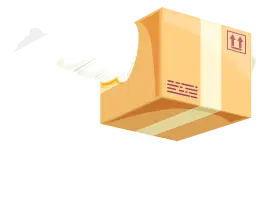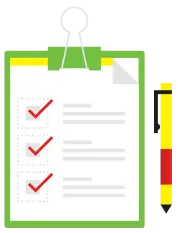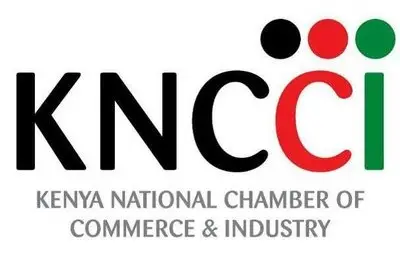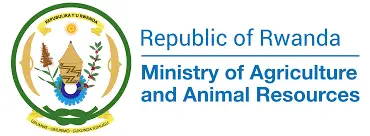Since 2012, SWIFT programme has supported 19 agencies in automation. Out of which 6 were evaluated in 2016 to assess the automated portal. The evaluated portals are Kenya National Chamber 0f Commerce, Kenya Tea Directorate, Ministry of Agriculture Rwanda, Rwanda Development Board, Tanzania Food and Drug Authority and Uganda National Bureau of Standards
These projects have demonstrated how ICT can transform trade systems and procedures, making them simpler, more transparent, efficient and predictable
Key Benefits of Automation
Reduces the time taken to acquire trade documents by eliminating periods of process inaction.
Reduces the time taken to acquire trade documents by eliminating periods of process inaction.
Rise in stakeholder confidence and trust due to transparency and predictability of the system.
Achieves greater harmonization of trade data across government systems
Overall Swift Impact

$6.6 Million

81%

3.2 Days, $62 Per Transaction

135 hours to 2 hours

Trade Clarity

Document Management
Results

Average transaction cost reduced.

Average cost per transaction reduced

Average time to process import/export documents reduced
38,908 Transactions
Have been made over the 6
portals between 2012-2016
772 Trained Stakeholders
Were able to transact on the
e-portals have been done
through the e-portal.
A Total of 38,908
IMPORT/EXPORT TRANSACTIONS
have been done throught the e-portal.
Evaluated Portals
Kenya
National
Chamber of
Commerce

Specific Challenge
To apply and acquire the Certificate of Origin in Kenya, traders had to travel to the Kenya National Chamber of Commerce and Industry (KNCCI) offices in either Nairobi or Mombasa.This meant incurring travel costs and time for a single certificate of origin.
Intervention
TMA supported KNCCI to automate the issuance of Certificates of Origin (CoO) which allowed exporters to apply for the CoO, online and get automated verification. Traders can now apply for the CoO online from anywhere in the world. As a result, costs have reduced from US$ 88 to US$ 10 and processing time reduced from 48 hours in 2004 to 2 hours in 2016.
Kenya
Tea
Directorate
Specific Challenge
Despite tea being Kenya’s major export commodity.It’s trading process was cumbersome, costly and time consuming for traders. Tea parkers, exporters, buyers, manufacturers and warehousemen would apply or renew operational licenses by travelling to the tea directorate offices. Making monthly and annual statistical returns, and registering tea exports and imports would also require travel.
Intervention
Automation of Kenya Tea Directorate’s key processes enabling it to deliver its mandate of regulating the tea sector. Automation included processes of licensing, registration and issuance of annual renewals for manufacturers, exporters, packers and brokers. It now takes 4 hours (from 120 hours) and costs $10 (from $65) to process an export registration.
Ministry of
Agriculture
Rwanda

Specific Challenge
Agriculture is crucial for Rwanda’s growth; it accounts for 39 percent of gross domestic product (GDP), 80 percent of employment, 63 percent of foreign exchange earnings, and 90 percent of the country’s food needs. Control of pests and diseases and their spread remained a challenge for the country as it aimed to improve the quality of its agricultural produce for export markets.
Intervention
TMA supported the Rwanda Agriculture Livestock Inspection (RALIS) agency to automate its key processes targeting exporters and importers of plants and plant materials, animal and animal products that enabled better control of spread of pests and diseases and minimizing introduction of new ones. Efficient control of pests and diseases increases the quality of agricultural and livestock products. Five processes were automated: Inspection, Pest Risk Analysis, Quarantine, Testing, Certification. As a result, processing of phytosanitary certificate and import permit reduced from 24 hours to 2 hours; average cost reduced from US$60 to US$10.
Rwanda
Development
Board

Specific Challenge
As a land locked country, Rwanda relies on the direct foreign and domestic investments made in the country as an avenue to spur and promote national and economic development. Simplifying business registration, promoting investments, and environmental clearances then remains critical for the Rwanda Development Board, the agency that brings together all Rwanda government agencies responsible for investments in the country.
Intervention
Development of an online One-Stop Centre that enables investors to access online services for key investment processes and documents including: Registration of an Investment Certificate; Application for Environmental Compliance, Issuance of Environmental Impact Assessment (EIA) Certificate; and processing of exemptions on imported goods.

